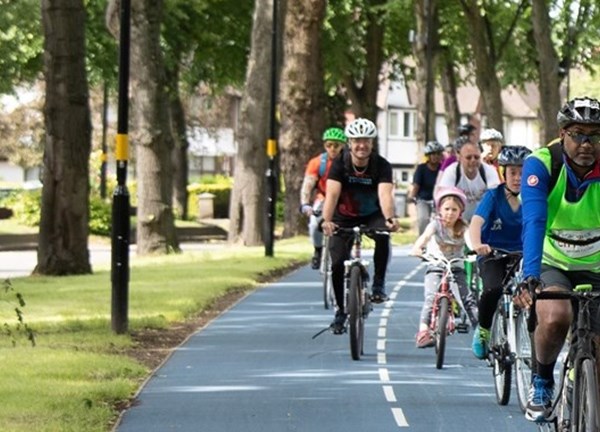Inclusive Growth Framework Fundamentals
Climate and environment
Summary
Our climate and environment are facing immense pressures due to climate change and overuse of the planet’s natural resources. We must change our social and economic ecosystems to ensure we work within the planet’s limits and make adaptations which increase our ability to cope with the risks, uncertainties, and threats associated with climate change.
The pursuit of continuous growth is not sustainable if we use up natural resources faster than the Earth can renew them.
Considerations
In our climate and environment fundamental, we're focusing on five important areas for our region: how we use energy, manage waste, reduce emissions, protect biodiversity, and adapt to ensure we can cope with a changing climate.
In 2019, WMCA declared a climate emergency. Our climate strategy, #WM2041, sets out our vision to achieve net zero emissions by the year 2041. It highlights the importance of creating more green and blue spaces, increasing recycling rates, and promoting a circular economy – one that minimises waste. Key considerations include:
- Ensuring that everyone benefits as we transition to a more environmentally sustainable economy.
- Investing in the resilience of our places so that our communities can adapt to the challenges of climate change.
- Using the region’s industrial past to create a new future.
- Create places and connections that help us to meet the climate challenge.
- Decoupling prosperity from the consumption of energy and resources.
Mission
Carbon emissions decoupled from economic growth and reduced to net zero by 2041.
To learn about how we measure Inclusive Growth please visit our Inclusive Growth Metrics page.

Inclusive Growth Framework
